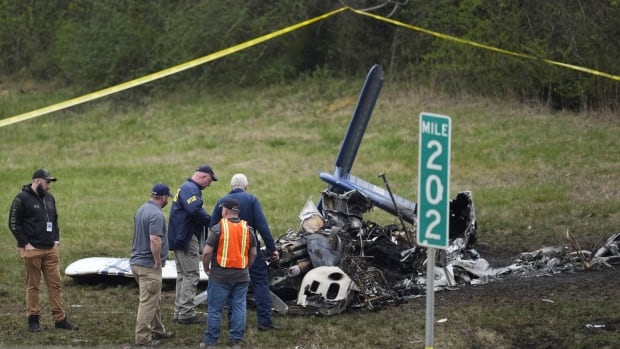Admiral Beez
Major

5 Canadians killed in fiery small-plane crash in Nashville | CBC News
Investigators in Tennessee have confirmed five Canadians, including two adults and three children, are dead after the single-engine plane they were travelling in crashed near downtown Nashville Monday evening.
How many times does this have to happen? Some business executive or John-John celebrity has dreams of flying themselves and their family or friends around, so gets their license and then with minimal experience puts themselves and their trusting passengers into often fatal crashes. Unless my partner/friend is a commercial, military and/or well-experienced IFR/IMC pilot who fully understands their aircraft and its particular systems and is well versed in its EAC/QRH and emergency procedures, I'm not getting into your plane. And, if I was a beginner VRF pilot there's no way I would put my family or anyone else at risk as I accumulate hours - other people are not your crash test dummies.
Look at this guy, with less than a year's solo flying experience he puts his family into an aircraft and through either action or inaction kills the lot. I wouldn't let someone with a full driver's license, yet limited driving experience take me across the city in their car, forget boarding a similarly-piloted aircraft.
Last edited:
